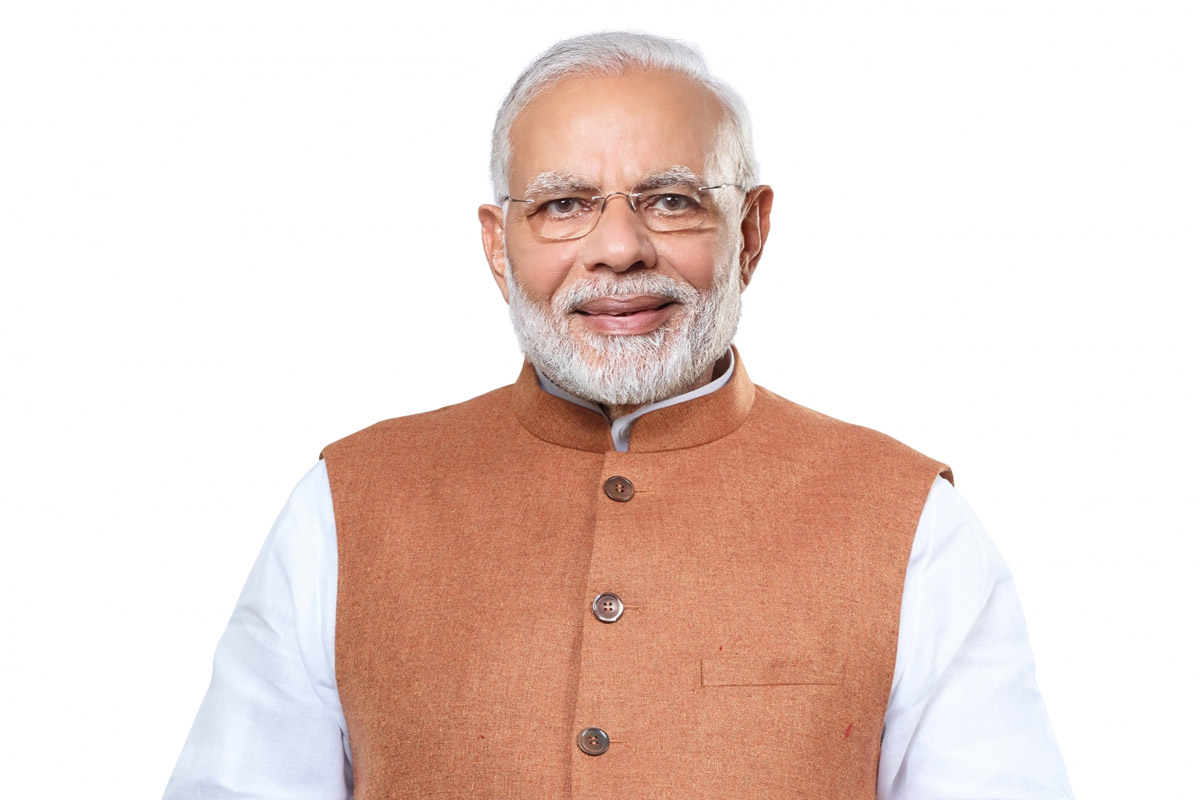Primary healthcare needs sharp focus
The G20 summit hosted in New Delhi by Prime Minister Narendra Modi was certainly an opportune moment to deliberate upon…
The scheme will replace existing data generation systems with a new software for all machines in the health sector in the country with a central processor that will extract the relevant data from individual records.

Photo: IANS
The National Digital Health Mission launched by Prime Minister Narendra Modi on Independence Day has caught the attention of health providers across the country. Going digital sounds futuristic, but what is needed is something here and now as the nation is caught in the coronavirus pandemic crisis with no sign of the end of the tunnel. According to the strategy document of NDHM, it would help patients avoid the burden of carrying medical reports to a specialist or other hospitals. One can also avail of tele-medicine support from renowned specialists if required.
The scheme will replace existing data generation systems with a new software for all machines in the health sector in the country with a central processor that will extract the relevant data from individual records. Independent practitioners of allopathic and Indian systems of medicine who run small clinics and dispensaries are not in the habit of storing patient data on computers. They rely mostly on personal memory.
They cannot afford to instal computers and engage data entry operators merely to comply with the NDHM. Digitisation of medical data of 1.3 billion Indians is not the most pressing problem facing the health sector in the country. What is needed most is adequate number of qualified medical practitioners in both allopathic and Indian systems of medicine and to make their services affordable to the common man.
Advertisement
Voluntary Health Services, a multi-speciality tertiary care referral hospital in Chennai serving economically weaker sections of society has come out with a novel Grand Health Insurance Plan. Developed by Dr CV Krishnaswami and his team of medical researchers, it is a transparent health insurance model to provide quality healthcare free of cost for all earning up to Rs 30,000 a month.
Those drawing Rs 30,000 and above will pay one per cent of their total income and it will cover the health insurance of two. Under the scheme the insured will get quality medical care which the rich get in corporate hospitals. Explaining its salient features, Dr Krishnaswami said it is sustainable and economically self-generating. The model can be scaled up or down to cover the entire country of 1.3 billion people.
This innovative health insurance scheme has been accorded instant recognition in international peer reviewed journals like Journal of Science of Healing. Dr Krishnaswami had studied all health insurance schemes in vogue in developed countries like the United Kingdom and the USA and found their shortcomings and weaknesses before developing the Health Insurance Plan.
He said the exorbitant costs charged by corporate and private hospitals were the result of lobbying by the pharmaceutical companies that saw big opportunities in converting ‘health care’ into ‘medical care.’ Due to adverse drug reaction and unnecessary interventions, mortality rates have shot up manifold.
Advertisement